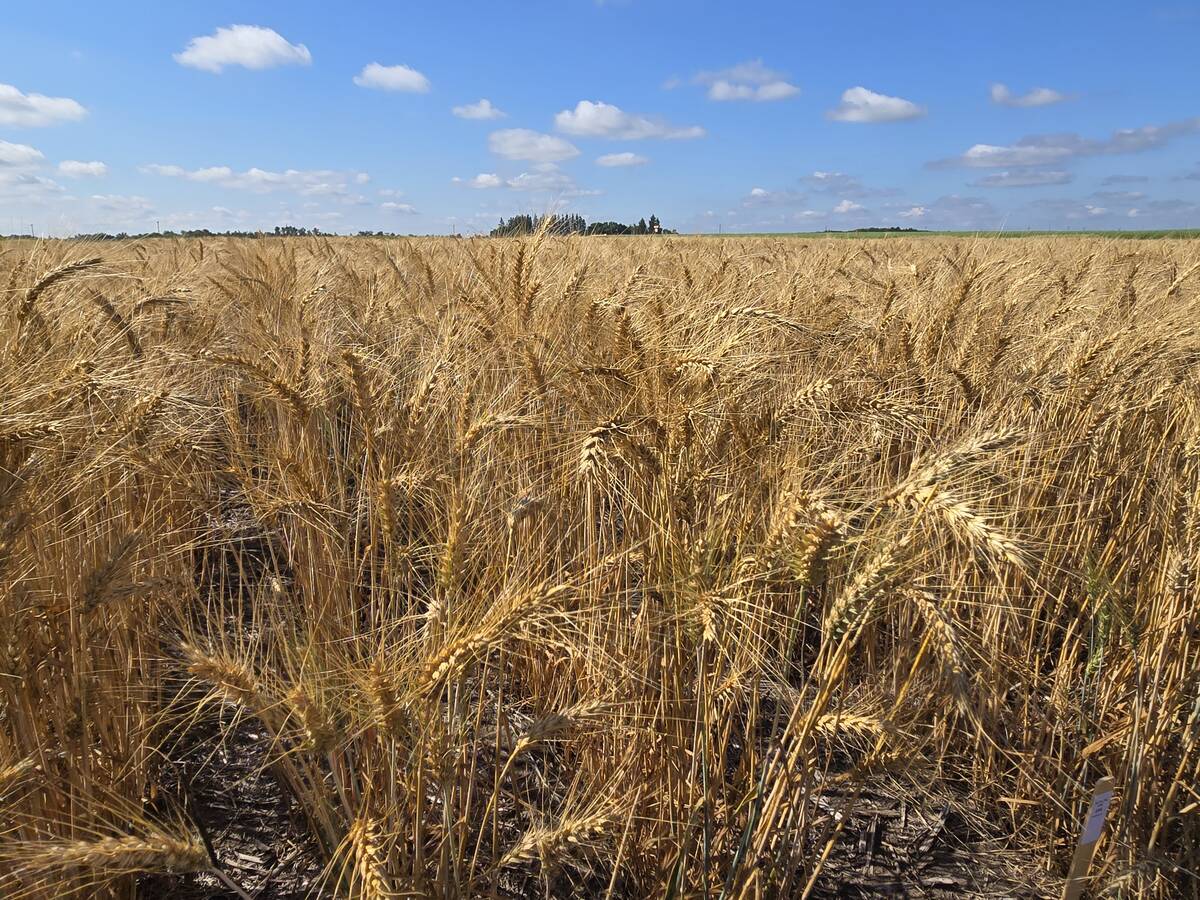MONTREAL – International cooperation minister Bev Oda is warning that international economic turbulence could limit the world’s ability or willingness to respond to a growing world hunger crisis.
That will definitely be the case in Canada.
“The government has undertaken an exercise to reduce the deficit,” Oda said.
“Clearly, that’s right across the board and that includes CIDA (Canadian International Development Agency). We have to do our share to contribute to deficit reduction.”
She said the result could be “some alterations. We might not be able to do as great a span as what we’re doing. We’ll have to make some tough choices.”
Read Also

Fall rye hits record high in Manitoba
Winter cereals 2025: More Manitoba fields grew fall rye in 2025 than ever before, but winter wheat slipped and, while spring stand survival was good, drought took its toll
However, Oda vowed that Canada will continue to invest in developing world agriculture and contribute to famine relief efforts because Canadians care about the issue.
In an earlier speech at a McGill University conference on global food security, she said Canadians have donated more than $70 million to famine relief in East Africa and the government will match that in addition to $72 million Ottawa had pledged earlier.
It will bring the Canadian government contribution to East African drought and famine relief to more than $140 million, the fifth largest contribution in the world.
The United Nations says millions of people are hungry in the region and at risk of starvation, while many are displaced because of the worst East African drought in a generation.
“Canadians have just demonstrated that they care about people in other countries (and) we’ll keep that in mind and ensure that when people are in need, Canada will be there,” said Oda.
“I assure you that … we will continue to look at what we’re doing in agriculture. We’ve all recognized as United Nations countries that we have to think about how can we reestablish the agricultural sector in that region.”
She said in April Canada became the first developed country to fulfill its share of a 2009 international commitment to spend $20 billion on agricultural development projects in developing countries. Canada’s share was $1.18 billion.
However, she said the international commitment to development aid is affected by market and economic turmoil as countries struggle to avoid a recession.
Some European countries are cutting their aid commitments, Japan is limiting its contribution and switching from grants to loans and the United States is looking at its aid budget as it tries to tame a ballooning deficit.
The moves come as food prices rise again, hurting the ability of the poor to feed themselves.
“This has all had an impact and we will be monitoring it,” she said.
Speakers at the McGill conference reported that the world hunger problem is getting worse with close to one billion people considered chronically hungry.
An increase of 33 percent in the food price index over the past year pushed another 44 million people onto the list, the World Bank estimates.














